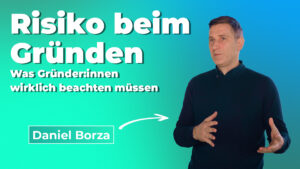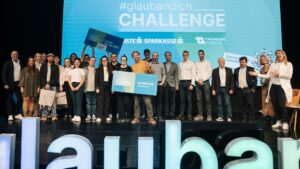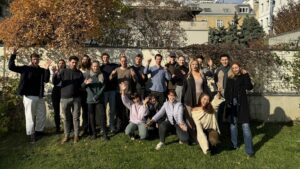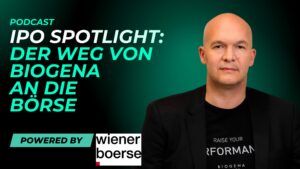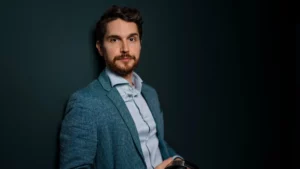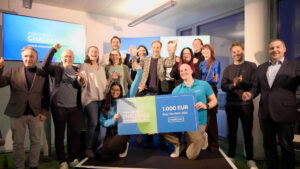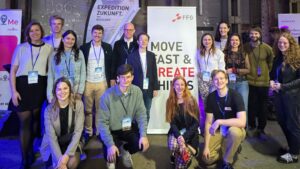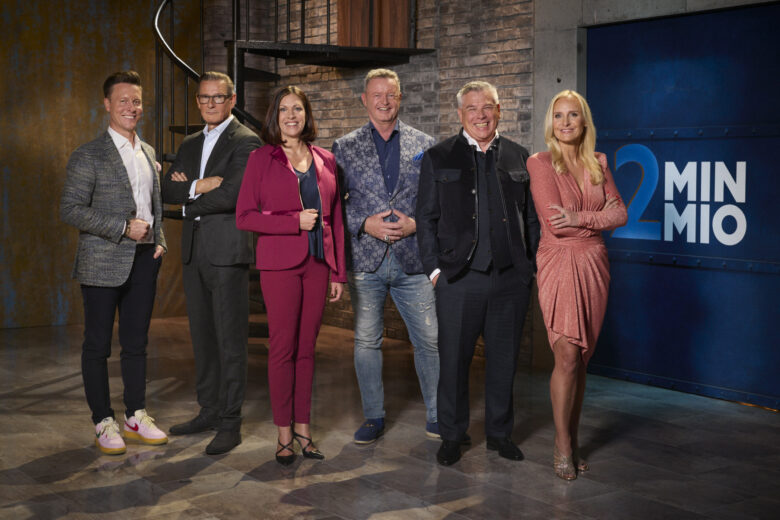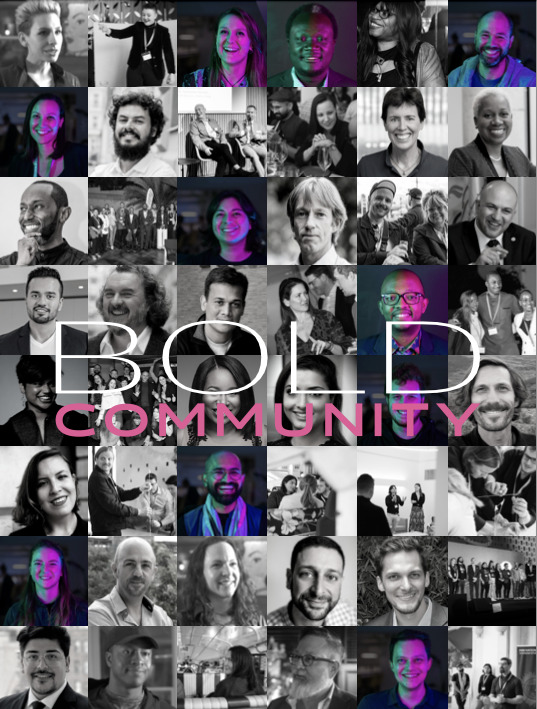Theory and practice of the unicorn production
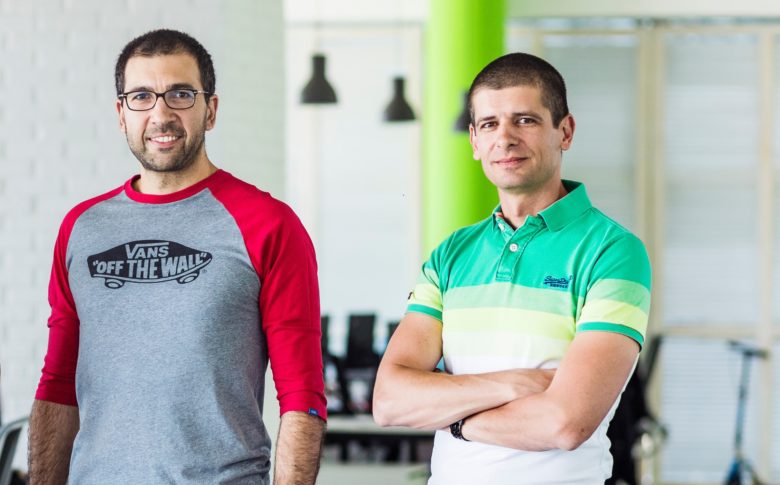
Campus X, a venture that officially launched in April 2018, is labeled as the incubator for unicorns in Bulgaria. It’s the most complex and ambitious project of the local startup ecosystem so far. It was started by the cofounders of Telerik, the local software company that became a global leader and was sold to the U.S. Progress, turning into the major IT success story in the Bulgarian ecosystem. A lot, from what Vassil Terziev, Svetozar Georgiev, Boyko Iaramov and Hristo Kosev have earned as cofounders of Telerik and from the company’s exit, they invest back in the ecosystem.
Telerik was founded in 2002 and seven years later, the Telerik Academy, a TechEd organization aimed to supply the talent needs of the company, was launched. After the Telerik exit, the cofounders continued to develop the Academy with the idea to provide the ecosystem with well-rounded tech and business specialists. So far, over 50K people have participated in Telerik Academy’s trainings or used its online resources. Today, its graduates are working in almost every well-known software company in Bulgaria. The Academy is today also a vital part of Campus X, alongside with other over 30 companies and the investment fund Eleven Ventures. In the first quarter of 2019, the Campus will grow even further to a hub for nearly 1300 people. Although the main goal of Campus X is to support the local startup ecosystem, and so far its founders have been paying themselves to go to work, it is a commercial project with its own business plan.
Trending Topics met two of the major drivers behind Campus X to find out more about their philosophy and strategy.
Trending Topics: How do you see your role in the ecosystem?
Boyko Iaramov: As role models. Each of us has seen a lot of bad examples of how things don’t work out and efforts are put in the wrong directions. We want to showcase the opposite by catalyzing a movement of entrepreneurs with a specific mindset, ready to share their experience and knowledge. We need to serve as the good example, and when this mindset multiplies and the right values become the norm, the ecosystem will thrive and mature.
It’s a well-known mantra that success brings more success and you are often talking about multiplication of mindset. But how is it reproduced on practical level?
Svetozar Georgiev: The most important, of course, is communication, preservation and enrichment of knowledge. To do this in a systematic and repetitive way, we need all elements to be present – people, organizations, tools, physical spaces and programs within the spaces. Right now, we are seeing a lot of efforts towards one-on-one mentoring and advisory as there’re already enough experienced people who have something to share, but this is neither effective nor fast enough. The idea of Campus X is to move on to something more systematic.
What is the most important factor for Campus X to fulfill its mission?
S.G.: We already have the physical space, so the next thing is the content that fills it. To a great extend mentality is what counts here. We want to develop a knowledge-sharing mentality. This is also the main filtering factor when we select and accept companies – they should be open to share their good practices. Basically, if someone becomes very good in one field, they could and should share their knowledge with the rest. We all grow together this way. These are things that are happening now in Sofia. We also want to give our push to multiply the network effect.
B.I.: For the short time that Telerik Academy operates on its own we see that the companies involved in the education process have recognized this way of thinking. Even companies that are at Campus X but don’t have direct benefit from the Academy are involved and their specialists come to teach the next generation of talent.
There’s this widespread understanding that people automatically interact more and more effectively when in shared and coworking spaces. What do you think, is any facilitation needed?
S.G.: There must be some programs in place. The fact that we are all in one place does not mean that we will automatically talk to each other. We’ve seen it in Telerik – people on two floors do not talk as much as people in the same room. If there’s no methodology or a common project, it just doesn’t happen automatically.
B.I.: Personally. I am not a big believer in the concept of effective self-organization. People are different and many of them have their reasons not to be proactive in a dialogue. So, for a start, there must be a good example to follow. It may sound cliché, but Telerik was the first example that catalysed the belief that things could happen. Next, the other critical thing about startups is urgency. These companies often operate within very short time frames – it might be related to the run rate between the first and the second funding, or to the time they could afford to retain talent while not being able to pay much for it. In those cases, any new communication and knowledge-sharing channel could accelerate the company development, independent of whether it concerns marketing, coding, business development etc. We try to bridge such needs with the right partners from our network. On a practical level, every month we organize events for the companies at Campus X where anyone has the opportunity to showcase their business or the challenges they face. You can then see how people from other companies start to give ideas and offer help on certain matters. The key is to encourage the mindset that it’s okay to ask.

Ever since you exited Telerik you’ve also been active angel investors. How many startups have you backed and what is your angel investment philosophy?
S.G.: Should we count Vasko (Vassil Terziev), he distorts the statistics (laughs). Vasko has nearly 50 investments. Mine are close to 20.
B.I.: I have two. It is all indeed a matter of philosophy. We often discuss the ways we interact with companies and contribute to their development. I only invest in a company when I have a good understanding of the sector it operates within and could give a useful input for the company. My current portfolio consists of OfficeRnD and Dronamics and they are my perfect matches. As COO of Telerik, I was also responsible for all of our offices, and OfficeRnD develop a software product for management of shared offices. As of Dronamics and their cargo drones – one of my passions and hobbies is in the drone domain. Vasko and Zarko (Svetozar Georgiev) have different approach.
S.G.: We are more focused on the repetitive topics – generally speaking on the entrepreneurial know-how. We can not be domain experts in everything, but it is also not necessary because often a company knows its niche and domain pretty well. The teams are good in product development and in finding the product/market fit. The challenges appear at the point when teams are trying to structure their work and market strategy. This are repeating business cases and that’s where our expertise is.
Campus X is labeled as the unicorn factory in Bulgaria. Do you expect the ecosystem to give birth to a unicorn any soon and what else needs to happen before that?
S.G.: Before we start producing unicorns consistently, we first need a lot of successful multi-million companies. An ecosystem of companies with a turnover of tens to hundreds of millions, would be considered a success. A Skype or Spotify-like startups will come naturally, but before that we need 50 smaller companies so the ecosystem accumulates the skills needed for structuring and managing unicorns. The good news is that many of the international companies that operate in Bulgaria as well as local entrepreneurs that operate on global level have already transferred a lot of valuable know-how. It’s definitely visible when an experienced colleague starts with a company and knows what to do instead of learning by trial and error every time. As Boyko said, startups have no time to experiment.
Two years after Progress acquired Telerik, the U.S. company restructured its operations here and as a result close to 200 were laid off. Back then one could feel the enthusiasm within the ecosystem as a lot of people were expecting new companies to be founded. Did that happen?
S.G.: It happened to a certain extend. There are now dozens of new companies. Some of those people founded startups on their own, others gave a serious boost to existing ones. Both groups are very important. Looking back at this defect, it actually turned out to be a great effect. And that’s pretty cool. Every now and then we talk to former colleagues from the Telerik-mafia who are constantly exploring new opportunities or are working on some very big projects. There are also American public listed companies locally led by ex-colleagues, based at Campus X. Which is again a proof of the accumulated knowledge here.
What kind of startups were started as a result of this “defect”?
S.G.: Tech companies (laughs). No, the truth is all of those companies are tech ones but not necessarily software. There are cases across verticals. An interesting company is GTMhub which has a chance to be leader in its field. It’s the same with OfficeRnD. At Campus X we also have a spin off division of the tech company Telelink, which is developing smart city solutions and probably 70% of its team are ex-Telerik people. There are also several projects in telemedicine, gaming, financial services and so on. The most interesting are indeed those that could be global leaders in a small and very specific segment.
So far, all the initiatives that have visibly impacted the ecosystem have been private. What do you think of the state-backed initiatives to support entrepreneurship and startups?
S.G.: There are some state efforts but my concern is there is no long-term strategy behind them. I look at such initiatives the same way a sane VC would look at a startup: Show me traction and numbers. Prove to me that your intention is more than just an intention. When the results are 0, my support is the same. The ideas are out there – now we need to see results.


